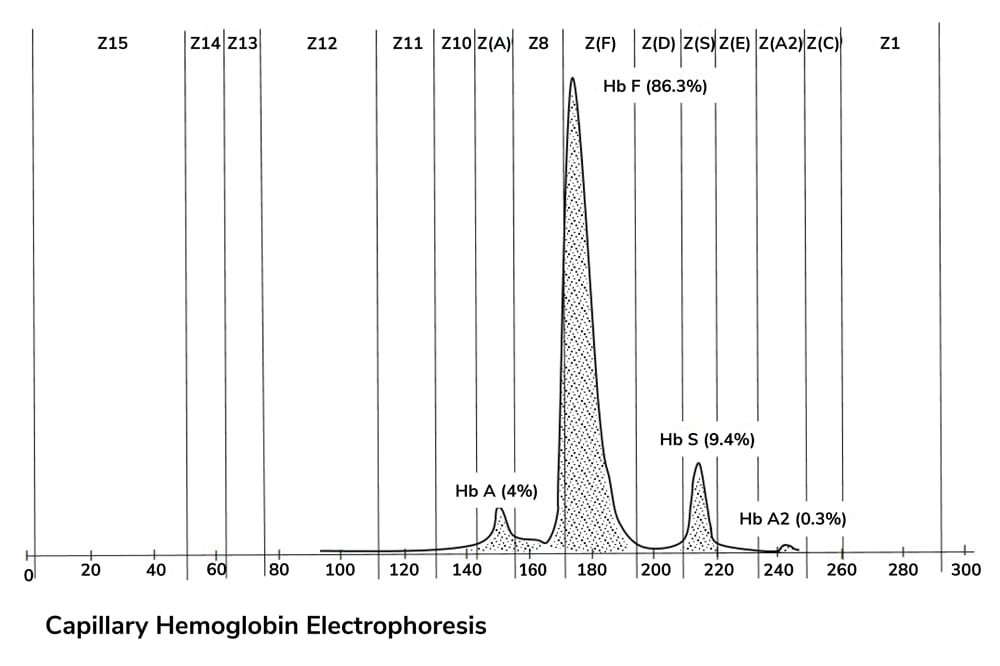Fasting. This is a term that we hear often, but it’s seldom well-defined – and, in the context of blood sampling, it requires harmonization. Indeed, doctors generally base their fasting definitions on their personal experiences as interns or students. But, on investigation, they don’t have a clear definition for it. This is also the case when authors use it in research literature and textbooks (1). There are sufficient evidence-based accounts, however, that show proper fasting does matter when it comes to reference intervals for a wide variety of blood analytes. And, because qualitative studies have shown how difficult it is to predict the impact of improper fasting on laboratory results, I believe that it is important to implement a harmonized definition as soon as possible. Such a clear definition would also benefit patients, making it easier for them to follow the required fasting regimen.
So, let’s develop and implement a harmonized fasting definition that we can use internationally. As with most definitions, it will be tested, challenged and found flawed. But, experience shows that it is much easier to end up with the best solution possible if the process is initiated and then optimized. Of course, a harmonized fasting definition should be as evidence-based as possible, but we also need consensus in order to move forward. There is some movement already. A working group that is investigating preanalytical issues under the European Federation of Laboratory Medicine (EFLM) has proposed a harmonized fasting definition, which they hope can be disseminated and used as widely as possible within clinical biochemistry. The proposed definition is simple and it is supported by literature (2). Briefly, it comprises the following:
- Blood for all tests is drawn preferably in the morning between 07.00 am and 09.00 am
- The fast should be for 12 hours (plus/minus half an hour)
- Water consumption should mirror the usual intake
- Caffeine-containing beverages (coffee, tea) should be avoided on the morning of the blood sampling
- Alcohol intake should be avoided 24 hours prior to blood sampling
- The patient should refrain from smoking the morning of the blood sampling.
If it is discovered that the patient has not fasted properly, then blood sampling should be cancelled (as recommend by the EFLM working group) – or alternatively, the analyses in the blood sample requisition should be converted to non-fasting entities. But, most importantly, such situations should be avoided by informing the patients carefully about the outcome if they do not fast properly. The worst-case scenario resulting from their improper fasting (which I find worth describing to patients), is that reference ranges can be misleading, the diagnosis will be erroneous and their safety will be compromised. Therefore, the most important task in this context is to ensure implementation of correct fasting by the patient; and, also the key users of blood sampling need to understand the definition and the outcome if it is not adequately followed. So, in summary, I’d like to make a call for the harmonization of a fasting definition. If you do not have a national guideline, address this with your national society – and use the EFLM working group recommendation as an example. When you have defined it, ensure that the information is disseminated, especially to the doctors and GPs who deal with the patients prior to blood sampling. And remember that sharing information is one of the most difficult tasks in medical care, so the message must be repeated as often as possible, nationally as well as internationally.
References
- M Nybo, et al., “Blood sampling: is fasting properly defined?” Clin Chem, 51, 1563–1564 (2005). PMID: 16040864. AM Simundic, et al., “Standardization of collection requirements for fasting samples: for the Working Group on Preanalytical Phase (WG-PA) of the European Federation of Clinical Chemistry and Laboratory Medicine (EFLM)”, Clin Chim Acta, 432, 33–37 (2014). PMID: 24269503.




